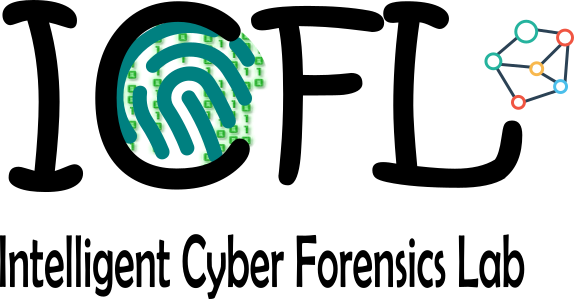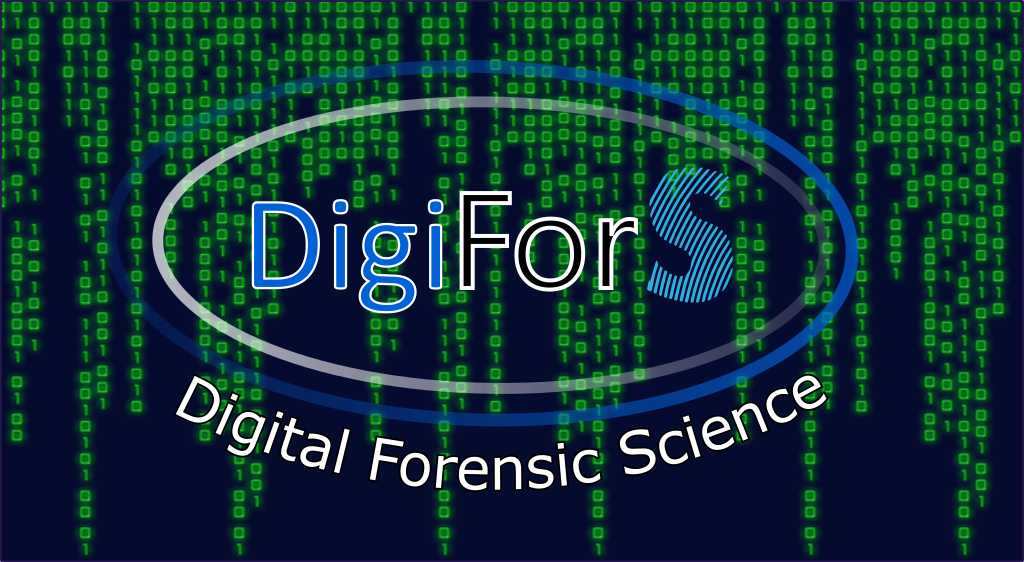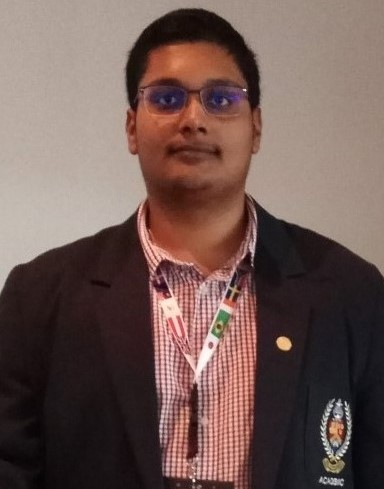
This lab harnesses the power of AI techniques for traditional digital forensics, creating the arsenal needed to counter cyber attackers. Cybercrime is occurring and a tremendous pace and is causing digital forensics to fall behind. With everything moving towards the Cyber space there is an inherit need for digital forensics to evolve into Cyberforensics and by adding intelligence brings forth new approaches to overcome unknown cyber attacks. Automating the digital forensic processes to make them malleable to cater for the vast need of detection and evidence collection in order to bring attackers to light.

The DigiForS Research Group undertakes research in Digital Forensic Science. The main objective of DigiForS is to find innovative, scientific and state-of-the-art investigation solutions. This includes finding solutions that will help to make emerging technologies safe for use, find solutions that will better protect existing technology, as well as extracting forensically relevant information. These solutions are aimed at simplifying the complexity involved in an investigation. Emerging problem areas receiving attention include: digital forensic principles and processes, distributed trust and digital forensic readiness.
The South African government has constitutionalized the use of tendering systems as one of the methods that seek to promote social and industrial practices since some of its projects aimed at developing and empowering the surrounding communities. However, the tendering system used by the South African Local government still relies heavily on paperwork, even though some of this information plays a crucial role, especially when it comes to awarding a tender to a particular Supplier. The use of paperwork might results in an illicit altering of information at any given stage, which might also affect the fairness, transparency, data integrity, and competitiveness of the tendering system. Blockchain technology is utilised in order to develop a state-of-the-art tendering model for this purpose.
The DigiForS Research Group contributed tremendously over the past ten years in establishing several international standards published by ISO. Specifically, two international standards were initiated and developed by DigiForS dealing with the digital forensic investigation process and incident response operations. The two respective standards are ISO/IEC 27043:2015 Incident investigation principles and processes, and ISO/IEC 27035-3:2020 Guidelines for ICT incident response operations.
By utilizing AI techniques such as classification and machine learning provides the ability to evolve traditional digital forensic solutions into more future-proof solutions.
DigiForS collaborates closely with the Defence and Security cluster at the CSIR. Numerous students are supervised by the supervisors of DigiForS and will graduate with a Computer Science MSc or PhD degree. To date 14 students successfully graduated and are currently being supervised by DigiForS supervisors.
Several seminars and talks are presented and attended. A number of short courses are also presented to Industry. These include Digital Forensic Investigations, Information Security Management, and Cybersecurity.
As part of the responsibilities of the DigiForS Research Group, digital forensic investigations are conducted for clients and industry. The service we provide in this regard allow clients to contract our investigation services, allowing students and young researchers to gain valuable industry and research experience. Please contact us if you have a need for digital forensic investigation.
As part of the research outputs of MSc and PhD research students, often research prototypes and tools are created by the students.

Dr A Singh*

Prof H.S Venter
We are situated at the University of Pretoria, Department of Computer Science, Level 4 of the Information Technology Building.